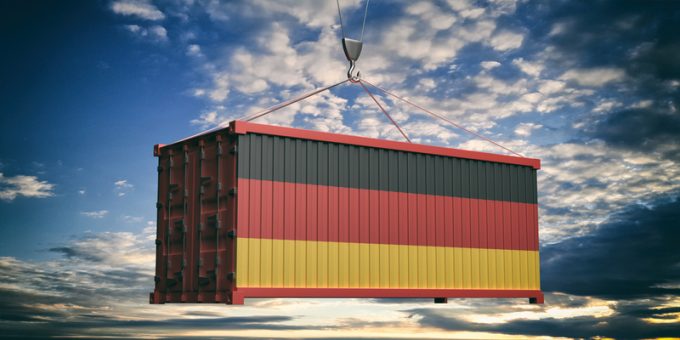EU pledges 'proportionate' response to new Trump tariffs
Supply chains are bracing for the impact of US trade tariffs, which could be introduced ...

Economic stagnation in Germany – Europe’s industrial and manufacturing powerhouse – and the prospect of a shallow recession continuing in 2024 is reflected in the largely subdued mood in the country’s freight transport and logistics sector.
An indication of the current unrest, the past week or so has seen protests by German road haulage firms and farmers over a government decision to cut subsidies and tax breaks on diesel for trucks and agricultural vehicles.
A survey of around 80 freight transport and ...
Asia-USEC shippers to lose 42% capacity in a surge of blanked sailings
USTR fees will lead to 'complete destabilisation' of container shipping alliances
New USTR port fees threaten shipping and global supply chains, says Cosco
Outlook for container shipping 'more uncertain now than at the onset of Covid'
Transpac container service closures mount
DHL Express suspends non-de minimis B2C parcels to US consumers
Zim ordered to pay Samsung $3.7m for 'wrongful' D&D charges
Flexport lawsuit an 'undifferentiated mass of gibberish', claims Freightmate

Comment on this article